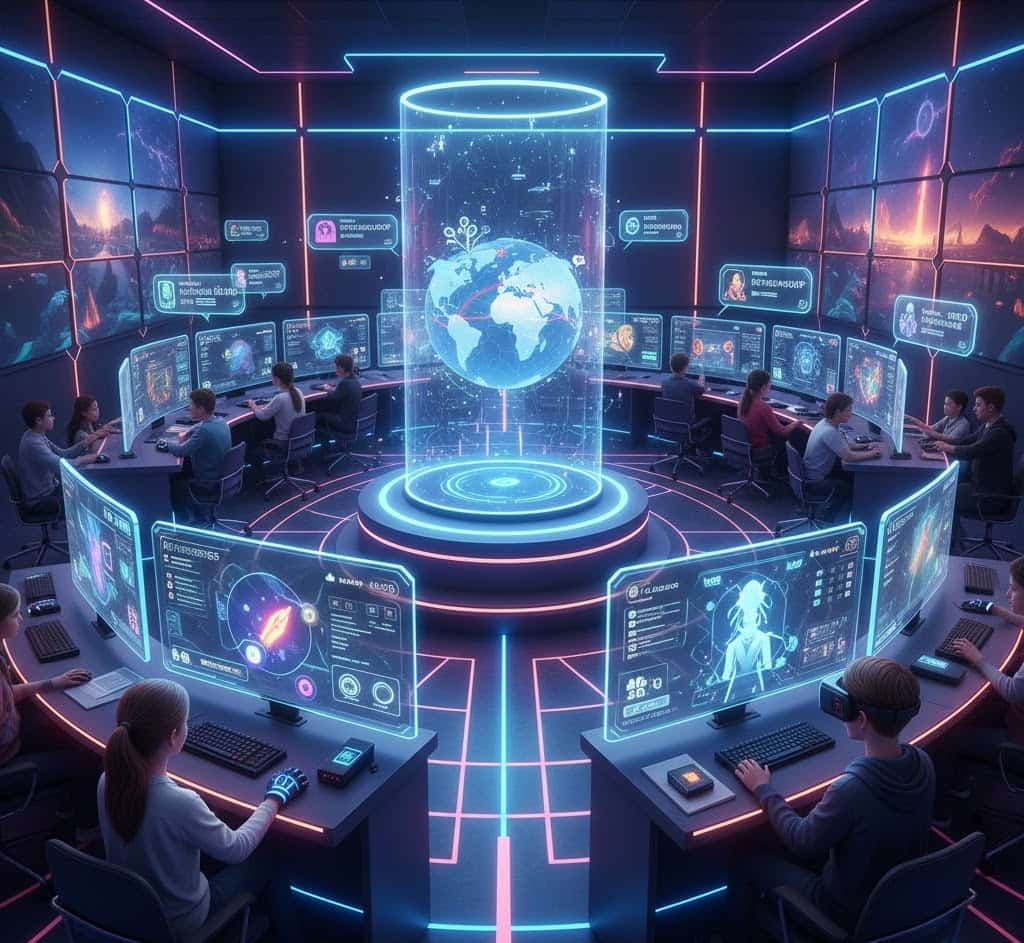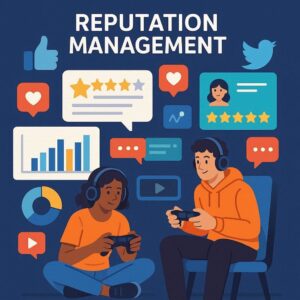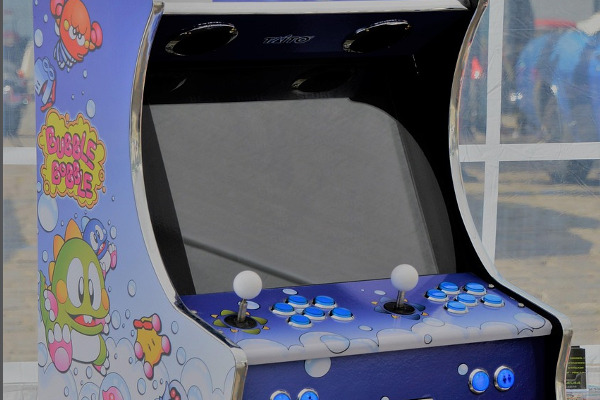Scaling Video Game Development with an Accely, Certified Partner
Game development teams are juggling thousands of tasks, assets, and deadlines at any given moment. With every new title, update, and platform roll‑out, studios need systems that can keep pace with creativity and complexity. This demand has pushed many to adopt enterprise solutions that unify production pipelines, resource planning, and collaboration across departments and locations.
One name that has emerged in this space is Accely, certified partner with a strong track record in helping studios integrate SAP enterprise tools into their workflows. These tools help studios organize projects, manage resources, and gain visibility across development cycles. For many teams striving to ship high‑quality games on time, this kind of structured support can make a real difference.
The world’s top game studios have grown beyond spreadsheets and siloed tools. They now look to systems that offer clarity at scale. SAP enterprise resource planning (ERP) and cloud solutions provide this clarity, by tying together production planning, financial tracking, and asset management. Yet building the right configuration takes expertise. That is where experienced partners come in.

Bringing Order to Creative Chaos
At its heart, game development is a creative process. Ideas evolve through concept art, code, sound design, and countless iterations. But creativity thrives within boundaries. Studios need to know what resources they have, what milestones lie ahead, and whether they are on track. While enterprise solutions support these operational needs, they also serve a broader purpose by enabling teams to deliver experiences that resonate with players in ways that spark creativity and imagination through video games, reinforcing the cultural value of every title.
Enterprise systems address this problem by centralizing project and asset management. Instead of managing tasks in different spreadsheets or platforms, teams have a single source of truth. Producers can assign work to artists and engineers. Leads can view asset progress. Finance teams see resource allocation in real time. This structure helps reduce duplication and lower the risk of costly delays.
One studio we spoke with recently explained how moving to a unified planning system changed their workflow. Before, tracking art assets involved spreadsheets, messaging apps, and file servers. After adopting an ERP solution with integrated asset tracking, they could instantly see which assets were ready for QA, which needed revision, and where bottlenecks occurred.
Real‑Time Collaboration and Milestone Tracking
Games today are built by teams spread across continents. A level designer in Montreal, a programmer in Berlin, and a sound engineer in Tokyo all need to stay in sync. When teams work through disjointed tools, delays and miscommunication are inevitable. Real‑time collaboration features help bridge these gaps.
ERP solutions designed for enterprises can tie together development milestones with everyday tasks. Changes in one area automatically update relevant teams. If a key asset misses a deadline, the system flags it so leads can take action. This visibility is vital when juggling hundreds of interdependent tasks.
Moreover, cloud‑based solutions provide accessibility and performance for remote teams. Developers no longer need to worry about version mismatches or outdated files. Everyone sees the same data, at the same time. This consistency reduces rework and enables faster decision‑making.
Optimizing Resource Allocation
Resource management is a challenge for every game studio. Talent is spread across disciplines, and budgets can fluctuate with market demands. Without a clear view of resource usage, studios can overspend or underutilize their teams.
Enterprise tools designed for resource planning allow studios to model different scenarios. Producers can ask questions such as: What happens if we shift two designers to a new feature? Can we meet our deadline with our current QA capacity? These insights support smarter decisions and better outcomes.
Importantly, this data isn’t isolated. Cost implications from resource changes reflect automatically in financial reports. This integration helps leadership understand the impact of strategic decisions without waiting for manual reconciliation.
The Role of a Certified Partner
Integrating an enterprise solution into a creative workflow isn’t plug‑and‑play. Each studio has unique pipelines and requirements. An experienced partner understands both the technology and the creative context. They help tailor SAP solutions so that workflows align with real development practices rather than forcing teams to adapt to rigid systems.
These partners work closely with studios to map existing processes, identify inefficiencies, and design implementation plans. They also support data migration, user training, and ongoing optimization. For game teams, this means less time wrestling with software and more time focusing on what they do best: making games.
Studios that have embraced ERP with expert guidance report improvements in predictability and control. Teams can forecast delivery dates, manage budgets with confidence, and respond to changes swiftly. This agility is especially important in an industry where trends shift quickly and player expectations rise each year.
Looking Ahead
As games become more ambitious and teams more distributed, the tools that support them must evolve. Enterprise systems that provide transparency, synchronization, and insight are becoming essential. The right implementation can reduce friction and give studios a strategic advantage.
Whether a small indie studio planning its first major release or a large publisher managing multiple titles, structured systems for project and resource management can be transformative. With expert support from partners who understand both creative and technical needs, studios can scale their operations without losing imagination or agility.
By embracing modern ERP and cloud solutions with the backing of an experienced partner, game developers can navigate complexity with greater ease. When creative energy meets operational clarity, studios are better positioned to deliver exceptional experiences to players around the world. Working with an Accely‑certified partner can be the bridge that connects inspiration with execution, helping teams build the games of tomorrow with confidence and precision.
In the end, the goal is simple: deliver great games on time, on budget, and with a process that supports creativity at every step. With the right tools and guided implementation, studios can meet that goal more consistently.
As the industry continues to grow, those who invest in scalable, transparent systems will be best placed to thrive. An Accely‑certified partner can help unlock that potential, supporting teams as they navigate the journey from prototype to launch with clarity and control.






 Video games have grown far beyond entertainment. They are now part of a global culture that connects millions of players every day. From console and PC gaming to mobile and cloud-based platforms, players share their experiences online through streaming, social media, and gaming communities. This has created a massive digital footprint that affects not only individuals but also gaming companies.
Video games have grown far beyond entertainment. They are now part of a global culture that connects millions of players every day. From console and PC gaming to mobile and cloud-based platforms, players share their experiences online through streaming, social media, and gaming communities. This has created a massive digital footprint that affects not only individuals but also gaming companies.
